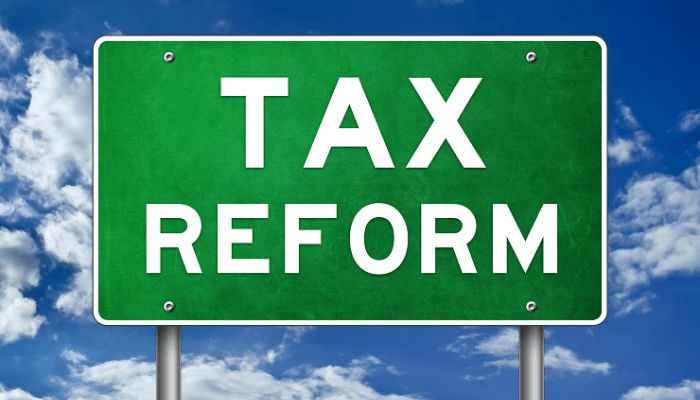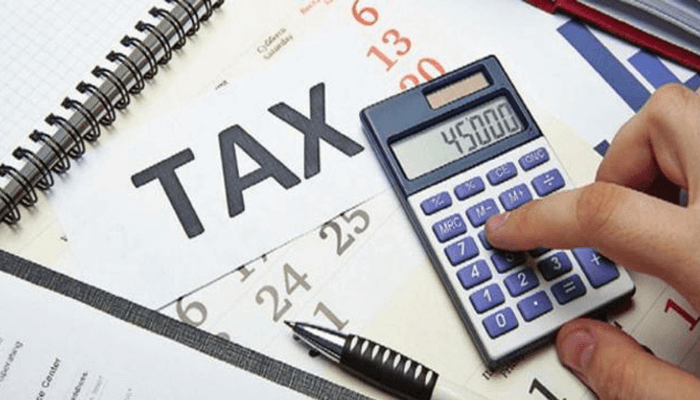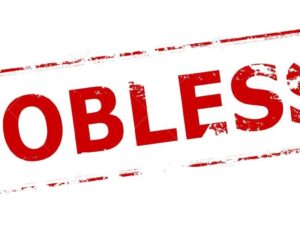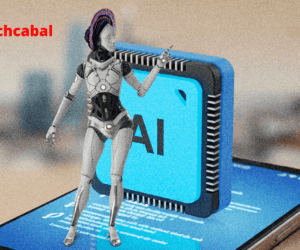The realities of Nigerian freelancers, content creators, SMEs, and full-time employees are being shaped by the new tax law. With the Nigeria Tax Administration Act (NTAA) 2025 set to take effect in January 2026, how Nigerians earn, spend, and report income will soon carry legal weight.
To help citizens understand what this means, we hosted a Twitter Spaces session that drew over 2,000 listeners, featuring tax and finance experts who broke down the policy in plain language.
The guest speakers were Kalu Aja, a financial analyst known for simplifying complex financial policies; Emmanuel Ifeanyi, a tax associate at Andersen in Nigeria with hands-on experience helping individuals navigate compliance; and Olamilekan Eyinade, a tax supervisor at Smile Communications who understands how digital workers and SMEs fit into Nigeria’s new tax framework.
Moderated by Ifeoluwa Adebayo, tech journalist at Technext, the conversation was fast-paced yet practical, cutting through jargon to focus on what everyday Nigerians actually need to know about the tax reforms.
Here are the things you need to understand about the new tax reforms

Self-assessment is the new normal
The biggest shift in the new tax era is self-assessment. This means you’ll now be in charge of declaring your income and filing your own taxes.
Kalu Aja explained that this system is new and it’s designed to make Nigerians more aware of their financial lives.
“This is new because this is the first time that we’re doing what we call self-assessment. It requires you to go out and take responsibility for the income that you are making, and then you can file a deduction. This system encourages personal responsibility and behavioural change. It’s about making people more conscious of how they earn, spend, and report their income,” he said.
For years, most Nigerians who worked in formal jobs had their taxes automatically deducted through PAYE. But the rise of remote work, freelancing, and online businesses means more people now earn income outside that system.


“This isn’t a new tax. It’s a new way of ensuring that everyone who earns money contributes fairly. When you understand your tax obligation, you also understand your rights,” Kalu emphasised.
Read also: How to calculate your income tax as a Nigerian freelancer and remote worker
A Tax Identification Number is non-negotiable
If there’s one thing that caused panic when the reforms were first announced, it’s the Tax Identification Number (TIN). Rumours spread quickly that bank accounts without TINs would be blocked. But according to Emmanuel Ifeanyi, that’s not true.
“There’s no law that says your bank account will be frozen if you don’t have a TIN. What the government is doing is formalising the system so more people are recognised within it. Your Bank Verification Number (BVN) and National Identification Number (NIN) are also a tax ID,” he said.
The goal, Emmanuel explained, is inclusion, not punishment. A TIN helps connect your financial records to a legitimate profile in the tax network.
“When you have a TIN, you exist in the system. That’s how you can qualify for certain opportunities like loans, grants, or even government contracts. It’s not about tracking you; it’s about giving you an identity,” Emmanuel added.
Still, he cautioned that transparency is key. “If you’re moving large sums in and out of your account regularly without any record of tax compliance, the system might flag it. The tax authorities might come for you,” he said.


He urged freelancers and small business owners to take small, proactive steps now. “Start by applying for your TIN, learn how to file your returns online, and don’t wait until 2026 to start asking questions. It’s much easier to comply early than to fix mistakes later.”
Read also: How to get a Nigerian Tax ID before Jan. 2026 deadline for bank account holders
Know your taxes or pay the wrong ones
During the discussion, Olamilekan Eyinade took time to unpack one of the most confusing aspects of Nigeria’s tax system, which is the different types of taxes and who they apply to.
He explained that not all taxes are created equal, and understanding which one affects you can make the difference between compliance and costly mistakes.
“If you’re earning as an individual, what applies to you is Personal Income Tax (PIT). But once you register your business and start operating as a company, you’re under Company Income Tax (CIT) and if your annual turnover crosses ₦25 million, you also have to deal with Value Added Tax (VAT),” he said.
Read also: How Nigeria plans to tax crypto holders and traders from January 2026


Document everything or pay for everything
For Olamilekan Eyinade, the conversation was less about theory and more about survival. As someone who works closely with small business owners, he sees the same issue over and over, which is poor record-keeping.
“One of the biggest mistakes people make is not keeping records. If you can’t prove how you earned and spent your money, you’ll end up paying more tax than you should,” he said.
Under the self-assessment system, receipts and documentation are everything. “Taxes are calculated after deductions. If you’re a freelancer or small business owner, your business expenses, like internet subscriptions, transport, or equipment, are deductible. But only if you have proof,” he said.
He encouraged entrepreneurs to treat their work like a real business. “Open a separate bank account for your business,” he advised. “Mixing personal and business transactions is a recipe for confusion and penalties.”
Olamilekan also highlighted a small but important detail many freelancers overlook, which is withholding tax receipts.


“If a client withholds tax on your behalf, make sure you collect the receipt or certificate,” he said. “That’s your evidence, and it can reduce what you owe when you file your return,” he said.
Legally cut your tax bill
According to Kalu Aja, one of the simplest ways Nigerians can take control of their finances under the new tax regime is by learning how to legally reduce their taxable income.
“Your income isn’t taxed in full, only the portion left after allowable deductions,” he explained.
The most practical approach starts with setting up a retirement savings account. Whether employed or self-employed, contributions to a pension plan up to the statutory 18% are deductible before tax.
If you work for yourself, you can open a retirement account in your own name. That contribution reduces the income that will be taxed.


He added that payments for life insurance premiums also qualify for deductions, including those made for a spouse, while contributions to the National Housing Fund (NHF) and National Health Insurance Scheme (NHIS) further lower taxable income. Even rent can help.
“If you’re not buying a house but you’re renting, you can deduct up to 20% of your rent, capped at ₦500,000,” he said.
The key, according to Kalu, is to be proactive. You have to go out and do something to get a tax break. For individuals, that means tracking eligible expenses and claiming reliefs. For businesses earning above ₦50 million annually, it’s about getting professional help.
“Once you cross that threshold, you’re exposed to corporate taxes. Remember, tax avoidance is legal, but tax evasion is illegal. So you want to legally avoid taxes and not evade taxes,” Kalu said.








